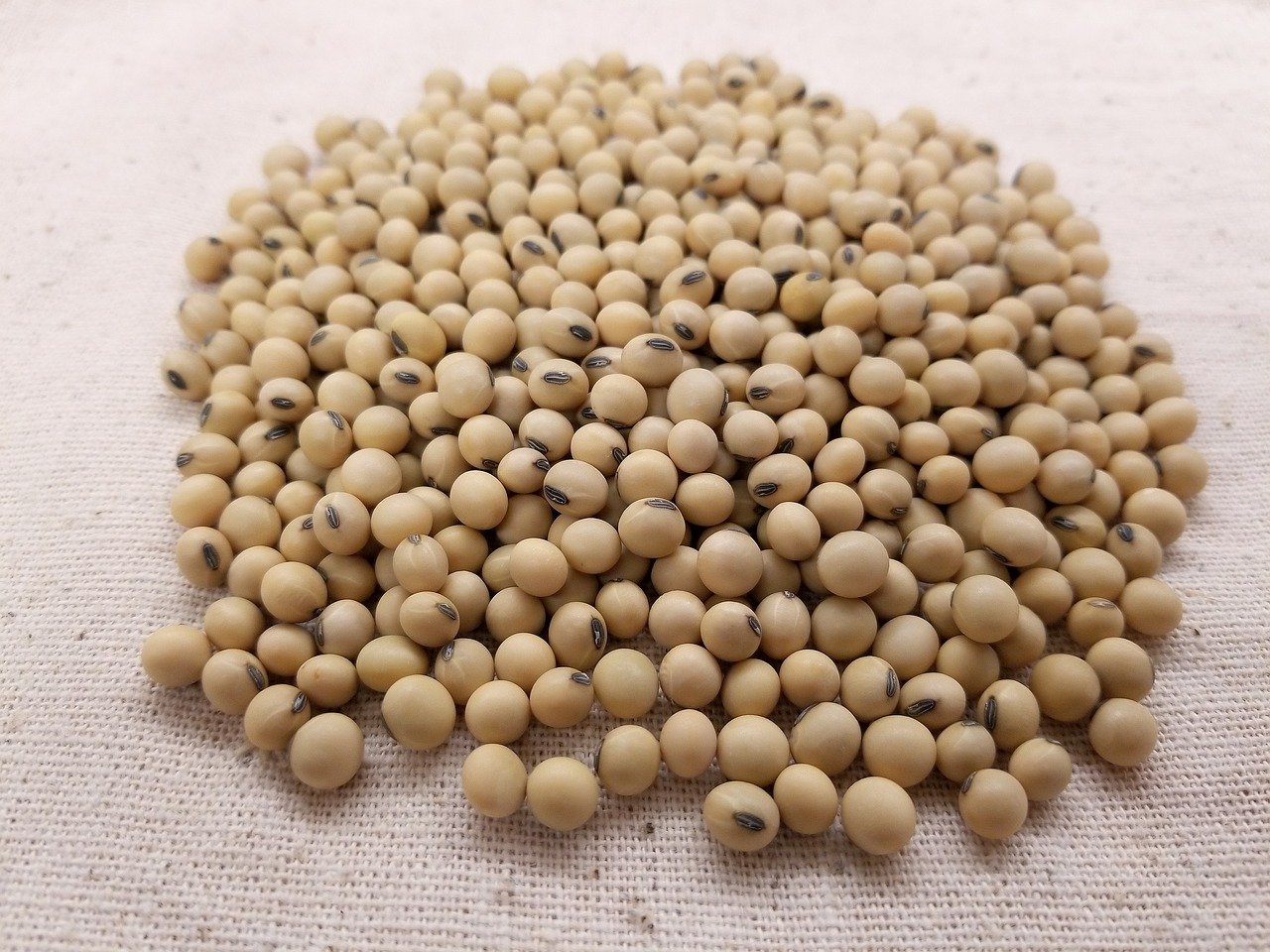Soy Based Wood Binder
•Soy proteins are being developed as a binder to provide a renewable, plant-fiber-composite for particleboards and medium-density fiberboards.
•Soy flour can be an ideal raw material for the manufacturing of wood adhesives due to its low cost, high protein content and easy processing.
•Soy flour can be an ideal raw material for the manufacturing of wood adhesives due to its low cost, high protein content and easy processing.
The major adhesive resins used for wood-composite panels contain phenol or urea, plus formaldehyde. Formaldehyde is made from made from fossil fuels and can be carcinogenic as well.
New soy adhesives promise both improved performance and economics to the wood products industry. They have also proved to be excellent alternatives to urea-based products for interior applications where legislation now restricts emissions of formaldehyde.
Soy adhesives do perform very well in high-heat testing of structural engineered wood products like finger joints and I-beams but synthetic adhesives do have an edge when water resistance is concerned.
